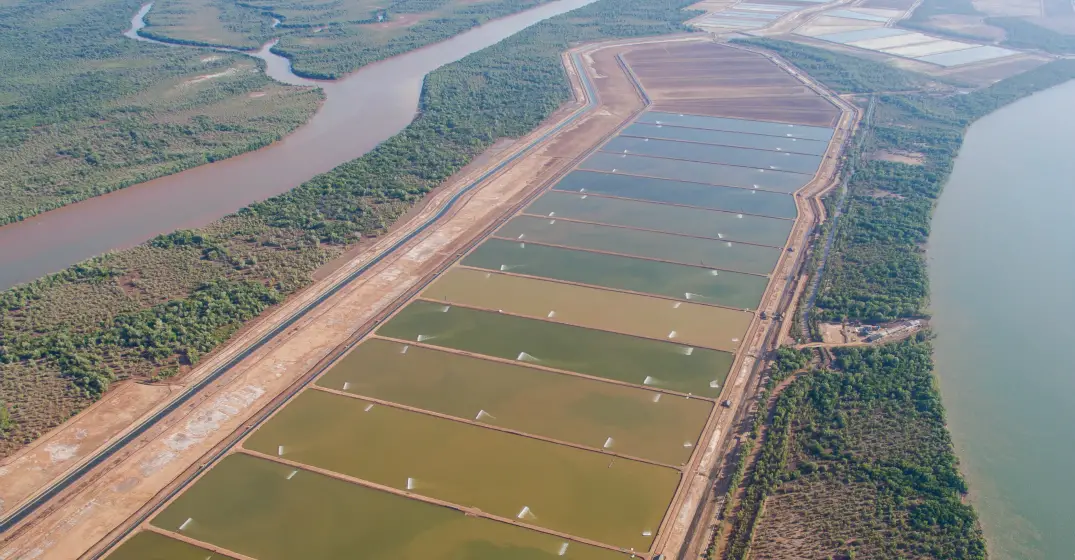President Nana Addo Akufo-Addo has inaugurated a $10 million National Aquaculture center and commercial farms in Adentan, Accra.
The National Aquaculture center located on the dairy farms at Amrahia aims to bolster domestic production and reduce imports.
The center is expected to offer training and start-up support to 300 aquaculture entrepreneurs, as well as produce 50,000 metric tonnes of fish in a span of 5 years.
The project aims to increase employment opportunities for fish farmers through modernized aquaculture technology. The National Aquaculture center will also engage graduates and women in a move to reduce poverty levels.
The National Aquaculture center will bolster food security in the country
The center is equipped with aquaculture indoor structures, classrooms, student and staff accommodation, mechanics workshop, packaging warehouses and a cold storage facility for chemicals and water, a water reservoir and a power station among others. The state-of-the-art facilities will grow tilapia, catfish and prawns which are essential ingredients in the Ghanaian and West African cuisine.
President Akufo Addo said the National Aquaculture center compliments the Ministry of Fisheries and Aquaculture Development reaffirming the Government’s determination to guarantee food security and reduce graduate unemployment in the country.
“The aim of the center is to produce fish products and create employment through the training of the local population as fish farmers with emphasis on graduates from our universities,” stated President Addo.
The president also revealed that the Recirculating Aquaculture System (RAS) will ensure offer minimum maintenance costs, moderate low consumption and guarantee the production of healthy and export ready products.
“This project will ensure the production of 25 metric tonnes of tilapia, 25 metric tonnes of catfish and 4 metric tonnes of prawns annually,” said President Addo.
Minister of Fisheries and Aquaculture, Mavis Hawa Koosom revealed that aquaculture is widely recognized as an effective way to meet the seafood demands of growing population due to the peak in harvest from wild fisheries.
The fishing industry in Ghana employs more than 3 million people and contributes $500 million into the economy every year according to reports from the EJF.

